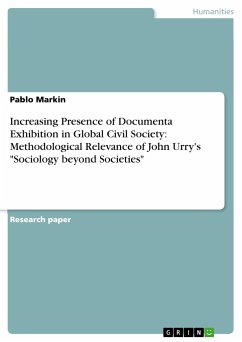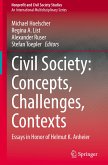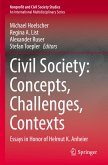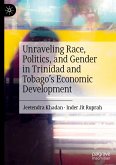Throughout human history, religion has occupied a pivotal role, serving as a pedestal on which society s moral values are hinged. Religious leaders over time have had the privilege position of guiding society through different forms of crises. In addition to spiritual duties, religious leaders have in certain circumstances spearheaded political reforms to achieve justice and peace in society. In so doing they have acquired the role of custodians, opinion leaders, community advocates and a voice for the voiceless. They are strategically placed to avert violence and engage in peace-building initiatives. With the current trends in human social development, for them to effectively serve in this role they need to subscribe to impartiality and integrity, values universally appreciated in all religious orders. Based on a historical evaluation of religious leaders' involvement political processes in Kenya, this book illuminate on the expected conduct and practice of religious leaders within a multi ethnic, religious and political context, specifically highlighting strategic moments when key decisions were taken and their ramifications during trying moments in history of Kenya.
Bitte wählen Sie Ihr Anliegen aus.
Rechnungen
Retourenschein anfordern
Bestellstatus
Storno








